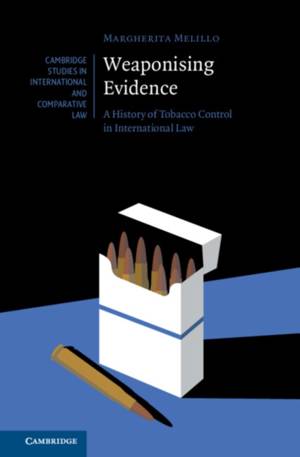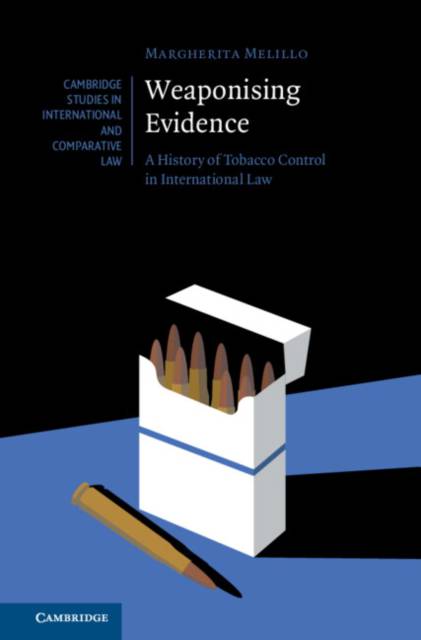
- Afhalen na 1 uur in een winkel met voorraad
- Gratis thuislevering in België vanaf € 30
- Ruim aanbod met 7 miljoen producten
- Afhalen na 1 uur in een winkel met voorraad
- Gratis thuislevering in België vanaf € 30
- Ruim aanbod met 7 miljoen producten
Zoeken
€ 180,45
+ 360 punten
Omschrijving
Weaponising Evidence provides the first analysis of the history of the international law on tobacco control. By relying on a vast set of empirical sources, it analyses the negotiation of the WHO Framework Convention on Tobacco Control (FCTC) and the tobacco control disputes lodged before the WTO and international investment tribunals (Philip Morris v Uruguay and Australia - Plain Packaging). The investigation focuses on two main threads: the instrumental use of international law in the warlike confrontation between the tobacco control advocates and the tobacco industry, and the use of evidence as a weapon in the conflict. The book unveils important lessons on the functioning of international organizations, the role of corporate actors and civil society organizations, and the importance and limits of science in law-making and litigation.
Specificaties
Betrokkenen
- Auteur(s):
- Uitgeverij:
Inhoud
- Aantal bladzijden:
- 324
- Taal:
- Engels
- Reeks:
Eigenschappen
- Productcode (EAN):
- 9781009354356
- Verschijningsdatum:
- 1/02/2024
- Uitvoering:
- Hardcover
- Formaat:
- Genaaid
- Afmetingen:
- 152 mm x 229 mm
- Gewicht:
- 603 g

Alleen bij Standaard Boekhandel
+ 360 punten op je klantenkaart van Standaard Boekhandel
Beoordelingen
We publiceren alleen reviews die voldoen aan de voorwaarden voor reviews. Bekijk onze voorwaarden voor reviews.











